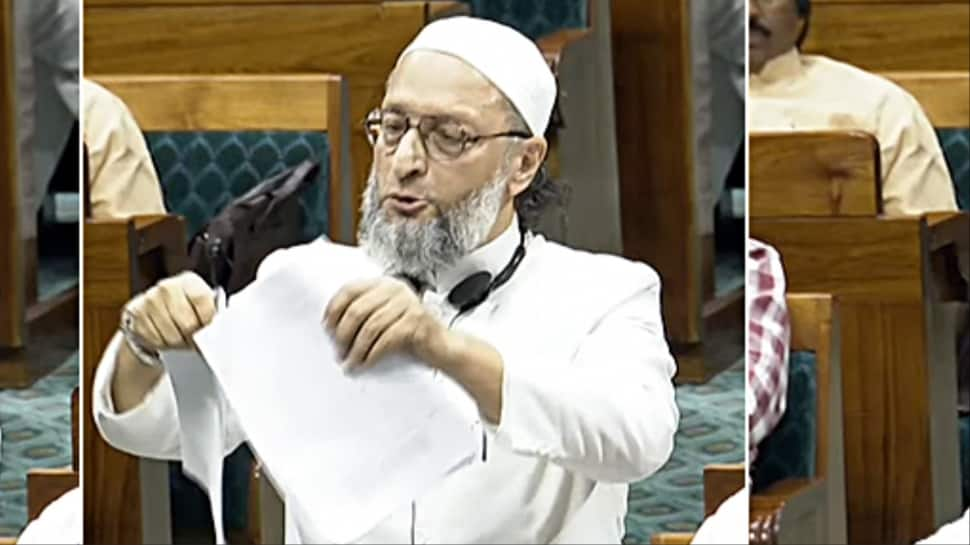
Opposition lawmakers cited procedural lapses in the introduction of the Waqf (Amendment) Bill as they opposed the proposed legislation in Lok Sabha on Wednesday. Congress lawmaker KC Venugopal criticised what he called an attempt to bulldoze the legislation. He said the bill was brought to the notice of the lawmakers on Tuesday afternoon, leaving them with a short window to propose amendments.
“The members have to have the power to give amendments to this type of bill. Yesterday, the bill was brought to the notice of members only in the afternoon, and the amendment time ceased around 3:30pm. How can the members move an amendment?” Venugopal asked.

He sought more time to suggest amendments. Lok Sabha Speaker Om Birla dismissed the concerns, saying equal time was provided for amendment proposals. “I have given the same amount of time to private as to the government members regarding the amendment proposals.
” Revolutionary Socialist Party lawmaker NK Premachandran cited Rule 80(1) of the Lok Sabha’s procedural rules. He added that the House was set to discuss the Joint Parliamentary Committee (JPC) recommendations rather than the original bill. “Does the JPC have the right to incorporate new provisions in the bill? It is beyond the powers and ambit of the JPC, which has incorporated many new provisions.
I have no objections to those provisions,” he said. He argued that the provisions added as per the JPC recommendations were “extraneous” and not within the ambit of the original bill. Union home minister Amit Shah defended the JPC’s role and the modifications.
“It was because of your request that the JPC was formed. It is not a Congress-like committee, which worked as a rubber stamp. Ours is a democratic committee, which deliberates and recommends changes.
If you do not want to accept changes, then why did you form the JPC in the first place?” Birla referenced procedural guidelines, saying they grant JPCs the authority to amend bills and even draft an entirely new version if necessary. He said that the committee acted well within its rights. “Committees can absolutely amend the bills or formulate a new format of the bill.
They can also change the name of the bill without altering its principle,” he said, arguing that such amendments took place earlier too. A new draft of the bill accepted JPC’s all 25 recommendations, including retaining the crucial waqf-by-user clause and implementing the draft legislation only prospectively..











